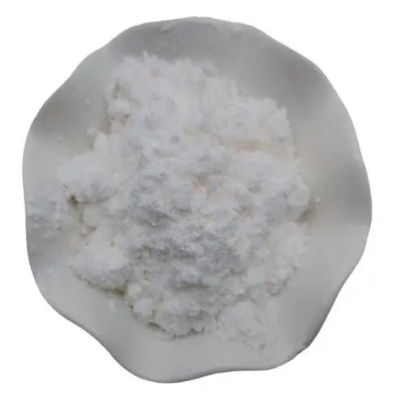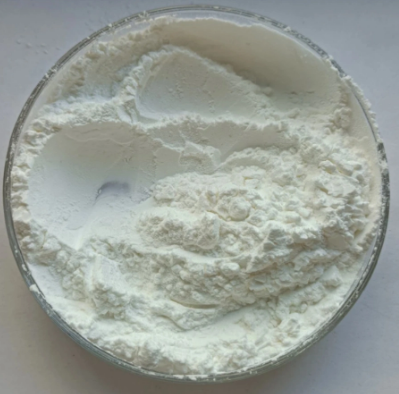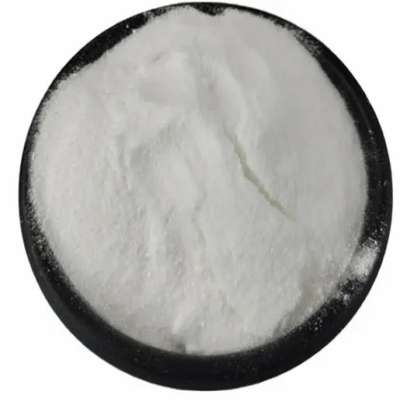D(-)-Ribose CAS:50-69-1
D(-)-ribose is a five-carbon aldopentose sugar that is fundamental to numerous biological processes. As a key component of ATP, D(-)-ribose is critically involved in energy metabolism. ATP serves as the main energy currency of the cell, providing the necessary energy for various cellular functions, including muscle contraction, nerve impulse transmission, and biosynthesis. The body synthesizes D(-)-ribose through the pentose phosphate pathway, but it can also be obtained from dietary sources or supplements. In addition to its central role in ATP production, D(-)-ribose is essential for the synthesis of nucleotides, which are the building blocks of nucleic acids—DNA and RNA. Each nucleotide consists of a nitrogenous base, a phosphate group, and a ribose sugar. In RNA, the ribose sugar forms part of the backbone structure, linking nucleotides together and thus allowing the transfer of genetic information within cells. D(-)-ribose has garnered attention in medical research and sports nutrition due to its potential therapeutic applications. Studies have shown that D(-)-ribose supplementation may improve energy recovery in individuals with certain health conditions, particularly those with compromised mitochondrial function, such as chronic fatigue syndrome, fibromyalgia, and ischemic heart disease. By replenishing intracellular ATP levels, D(-)-ribose may help alleviate fatigue and enhance physical performance. Athletes and fitness enthusiasts have also turned to D(-)-ribose as a means to improve exercise recovery. Research indicates that D(-)-ribose supplementation may lead to increased ATP availability post-exercise, potentially reducing muscle soreness and enhancing recovery time after intense workouts. This could make D(-)-ribose a valuable supplement for individuals engaged in high-intensity training or endurance activities. Furthermore, D(-)-ribose may play a role in cardiovascular health. Some studies suggest that it can improve heart function in patients with coronary artery disease and congestive heart failure by restoring energy levels in cardiac tissues. The ability of D(-)-ribose to support heart function and energy metabolism highlights its importance in managing various cardiovascular conditions. Despite its potential benefits, it is essential to consider that research on D(-)-ribose is still evolving. While many studies indicate positive outcomes, further research is needed to establish optimal dosing regimens and fully understand its efficacy across different populations. In conclusion, D(-)-ribose is a vital sugar that supports energy metabolism, nucleotide synthesis, and overall cellular function. Its role in ATP production makes it indispensable for life, while emerging research suggests potential therapeutic benefits in enhancing energy recovery and supporting cardiovascular health. As interest in D(-)-ribose continues to grow, it holds promise for various applications in health, performance enhancement, and disease management.



| Composition | C5H10O5 |
| Assay | 99% |
| Appearance | white powder |
| CAS No. | 50-69-1 |
| Packing | Small and bulk |
| Shelf Life | 2 years |
| Storage | Store in cool and dry area |
| Certification | ISO. |









